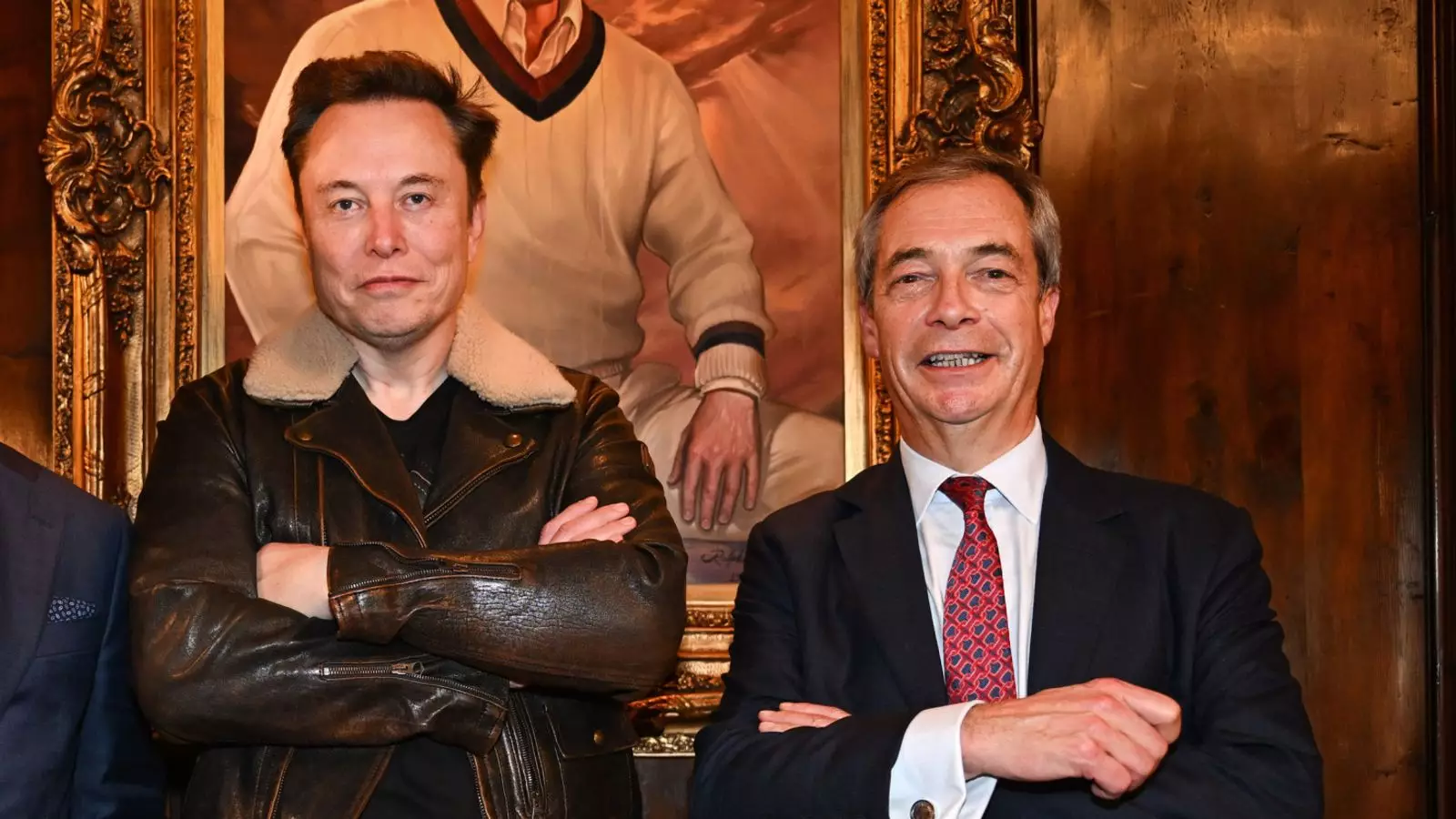The issue of foreign donations in UK political funding has recently come under the microscope, revealing a glaring vulnerability in the democratic system. Political parties can accept funds from any company registered in the UK, which creates loopholes that allow foreign donors to contribute indirectly. This means that wealthy individual financiers from abroad can circumvent what should be strict regulations governing who can support political entities. While businesses should indeed have a voice in politics, this unrestricted access can produce a distorting effect on democracy itself. The fact that some UK companies that receive foreign money may not even be profitable only exacerbates the problem. The potential for exploitation is not just a theoretical risk—it is a substantial concern that could undermine voter confidence.
The Government’s Uneasy Response
It is now reported that the government is scrambling to address these vulnerabilities by introducing new plans to regulate the flow of foreign donations. Ministers are contemplating restrictions based on the profitability of companies making donations. This proposed change is supposedly aligned with a manifesto pledge to protect democracy, which is indeed a noble goal. However, one can’t help but view this as a reactive move rather than a proactive one. The motivation seems to stem from high-profile incidents, particularly involving tech billionaire Elon Musk. His rumored $100 million donation to Reform UK sent shockwaves through Westminster and has galvanized the government into action. Such a remarkable sum would dwarf existing political donations in the UK, raising alarms about potential ‘foreign influence,’ which many UK citizens find disconcerting.
Public Opinion: A Strong Rejection of Foreign Contributions
Recent polling conducted by Sky News reveals that a staggering 77% of respondents oppose foreign nationals donating to political parties in the UK if they aren’t registered voters. Even within the potential circle of benefactors—Reform UK voters—a similar sentiment prevails, with 73% disapproving of foreign money in British politics. This widespread disdain for foreign financial influence signals that the public is growing increasingly aware of the risks associated with ‘murky money’ in politics. Empirical evidence shows that an alarming one in ten pounds donated to political parties comes from sources that are either unknown or dubious, as reported by Transparency International. This reality underscores the urgency for reform—because when the public feels that their democracy is being brokered by wealthy foreign interests, trust in the democratic process takes a substantial hit.
Challenges of Implementing Reform
While the intentions behind these upcoming reforms might appear noble, implementation poses a series of challenges that can’t be ignored. For one, the bureaucratic machinery of Parliament often moves at a glacial pace—particularly when navigating complex legislation such as the Elections Bill. It isn’t merely a matter of writing new regulations; it requires a cultural shift within Westminster that prioritizes transparency over expediency. There’s also the troublesome matter of enforcement. Who verifies the legitimacy of donations and determines the profit margins of the companies involved? The proposed ‘enhanced due diligence checks’ on unincorporated associations sound promising, yet it’s essential to scrutinize how effective these checks can be in reducing foreign influence. Without rigorous guidelines and a strategic approach, these reforms could become little more than a symbolic gesture—reminders of an urgent problem but ultimately ineffective in rectifying the issues at hand.
The government’s impending actions against foreign donations might signal a step in the right direction, especially given the overwhelming public support for reform. However, one must remain cautious about the impact and implementation of these changes. Merely curbing foreign influence is not enough; broader measures are also necessary to ensure that political funding in the UK is legitimate, transparent, and democratic. Until political contributions are devoid of foreign strings, the integrity of the electoral system remains at risk. While reform may be on the table, the actualization of these plans is what will ultimately determine whether the UK can truly protect its democratic ethos. The stakes couldn’t be higher, with the very essence of democratic legitimacy hanging in the balance.


Leave a Reply